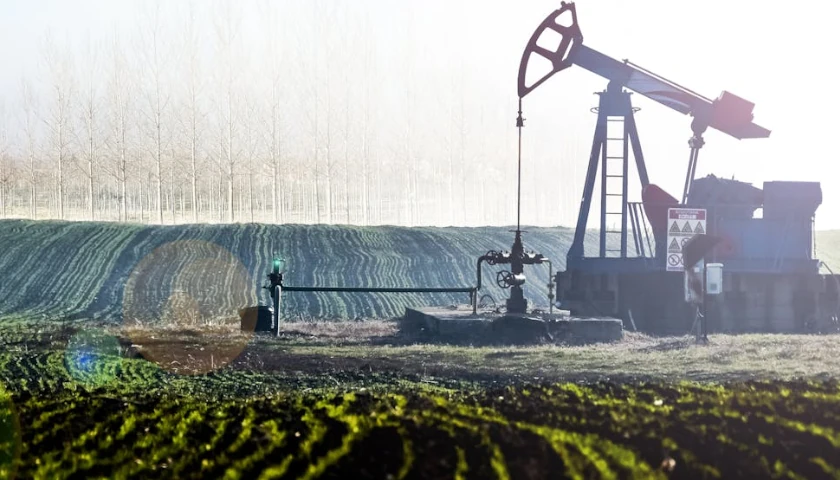The lame duck Biden-Harris administration is already working to undermine the energy agenda of President-elect Donald Trump after he handed Vice President Kamala Harris a crushing loss in Tuesday’s election.
Less than 48 hours after Trump won decisive Electoral College and popular vote victories, federal agencies are moving to interfere with Trump’s plans to expand and unfreeze approvals for liquefied natural gas (LNG) exports and to drill for more oil and gas on American lands, according to Bloomberg News and CNN. The Biden-Harris administration paused approvals for LNG export hubs in January and took numerous actions to restrict energy production on government-controlled lands, and Trump campaigned hard against those policies leading into November.
Read More




